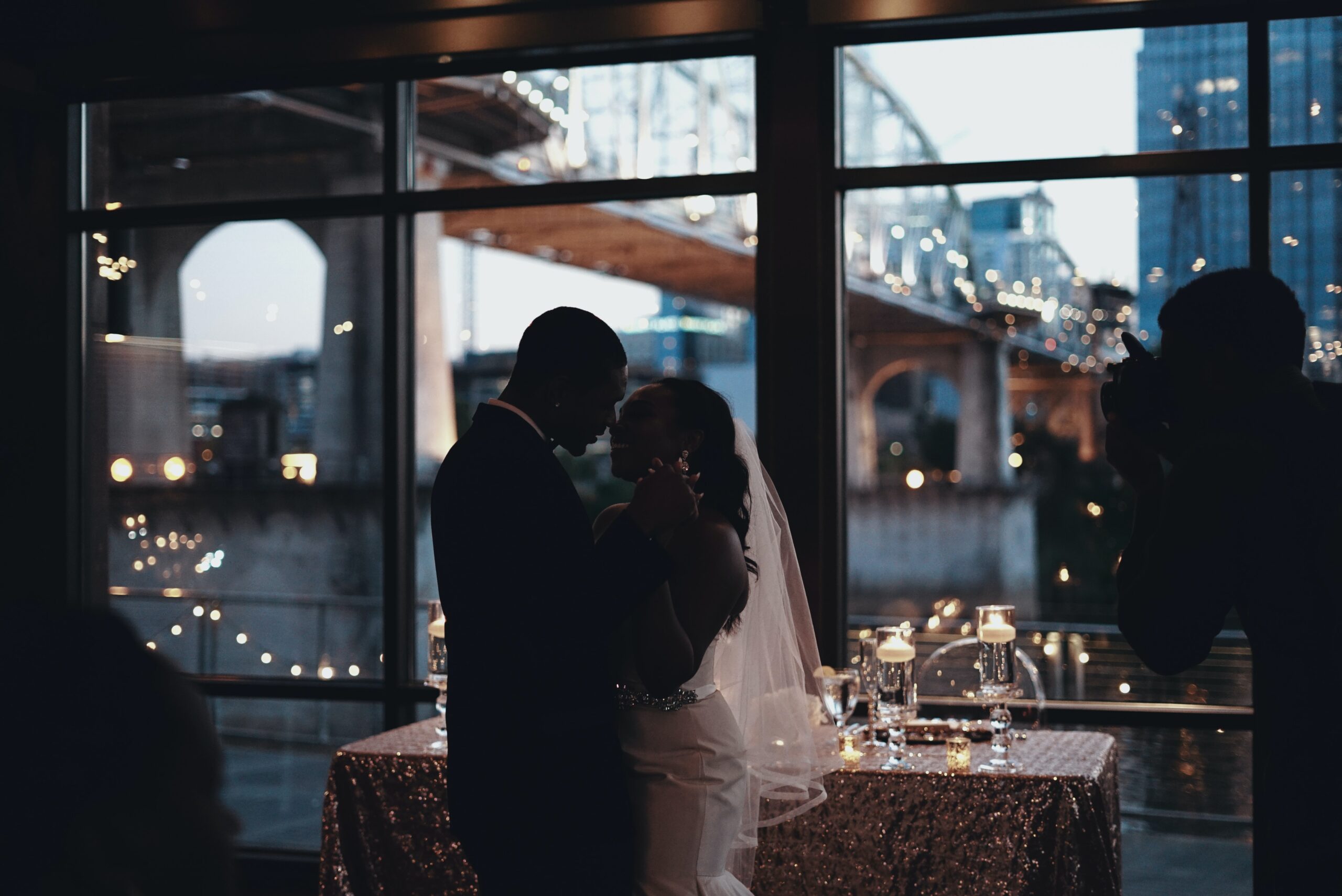The traditional timeline of marriage in America has undergone significant changes over the years. According to the United States Census Bureau, the median age for American women to marry in 2022 was 28.6 years old, with men slightly older at 30.5 years old. Just over a decade ago, in 2010, these averages were lower: 26.1 years for women and 28.2 years for men. While this shift might seem minor at first glance, it reflects broader societal transformations that have influenced how and when people choose to tie the knot.
What Has Changed in the Marriage Landscape
One of the most profound changes affecting marriage age is the evolution of women’s roles in society. Cheryl and Joe Dillon, relationship experts at Equitable Mediation, highlight that, historically, marriage was often seen as the primary path to financial security for women.
“In the past, getting married was viewed as the main way for women to become financially secure,” Cheryl explained.
However, the high divorce rates of the 1980s and 1990s disrupted this notion, as many women found themselves needing to earn their own income post-divorce.
This generational shift in perspective has had a ripple effect. Today’s young women have witnessed the financial struggles of their mothers and grandmothers and learned from those experiences.
“Learning from what their families went through, today’s generation are focusing on becoming financially independent, rather than relying on marriage,” Joe noted. “They are choosing to postpone getting married, finishing school, and building their own careers.”
The Shift of Societal Norms
The changing societal norms around marriage have also played a critical role. The pressure to marry young has lessened significantly, with many understanding that happiness and success are not contingent upon marital status.
“These days, people understand that you don’t have to get married to be financially secure, have kids, or live a happy life. Women now earn their own money and can support themselves,” Cheryl added.
This shift allows women the freedom to prioritize personal growth, education, and career before considering marriage. Interestingly, the age at which celebrities marry can sometimes run counter to these trends. For instance, Simone Biles and Jonathan Owens chose to marry at a young age. The Dillons suggest that the unique pressures of celebrity life may drive these decisions.
“Celebrities who decide to marry early often to achieve wealth and fame at a young age. Growing up in the media spotlight can make them feel more mature than their actual age,” Joe explained.
Additionally, the isolation and loneliness that can accompany fame might push young celebrities towards early marriage as a means of finding stability and normalcy.
The rising average age of marriage in America is not merely a statistic but a reflection of deeper societal changes. Young women today are prioritizing financial independence, personal development, and career success, reshaping the traditional timeline of marriage. While the glamour of early celebrity marriages might catch attention, the broader trend towards later marriages showcase a cultural shift towards individual empowerment.
